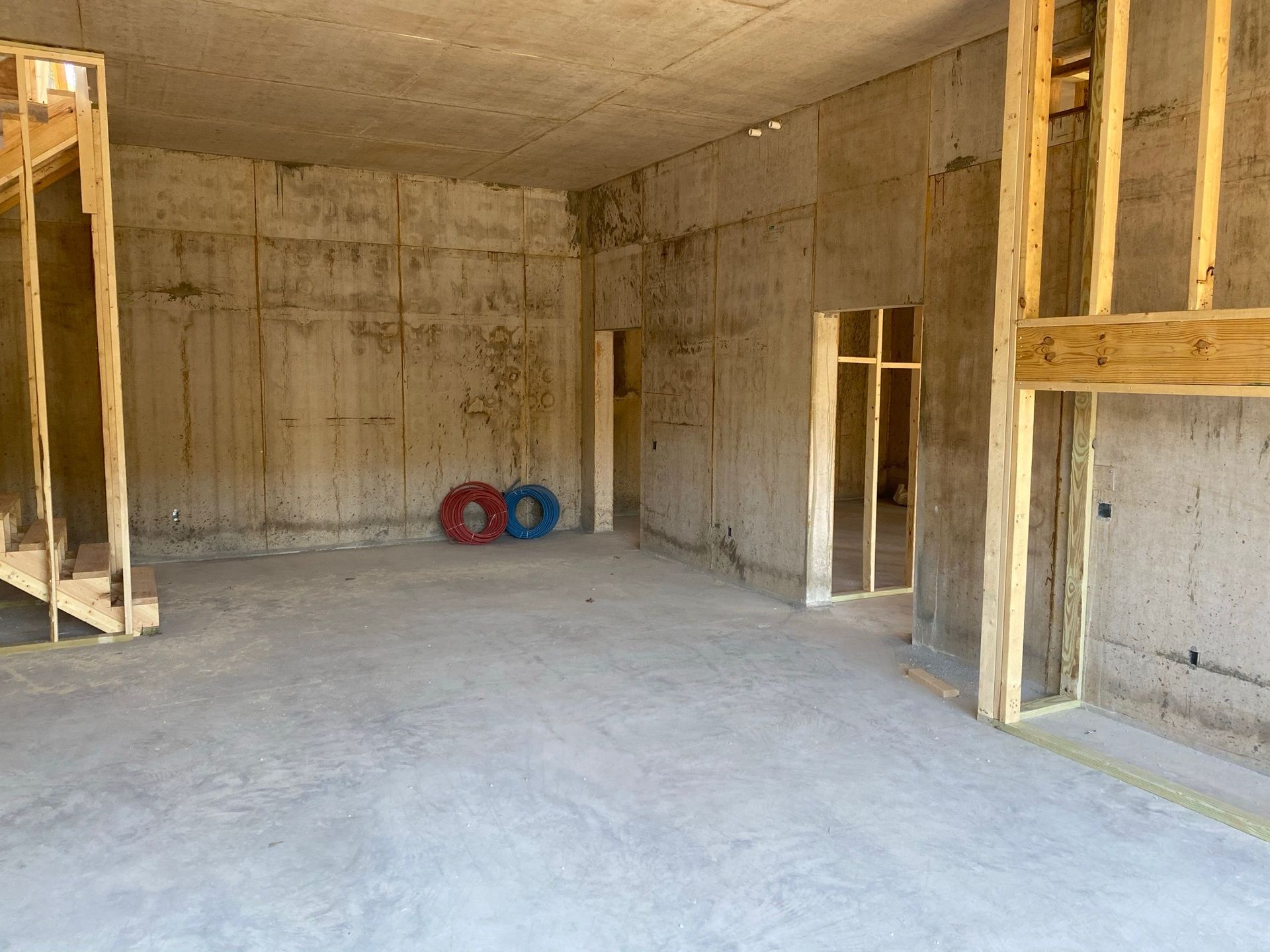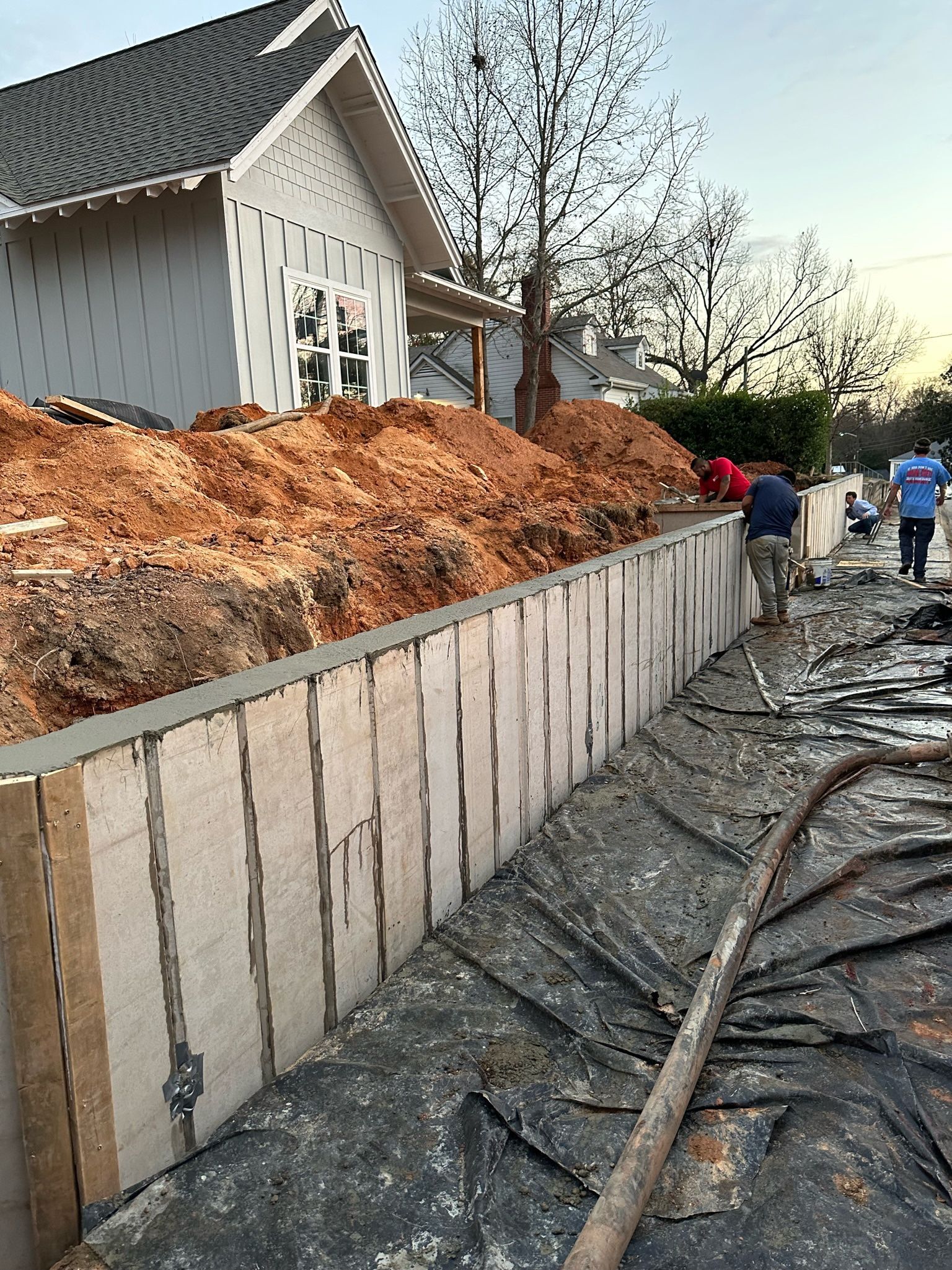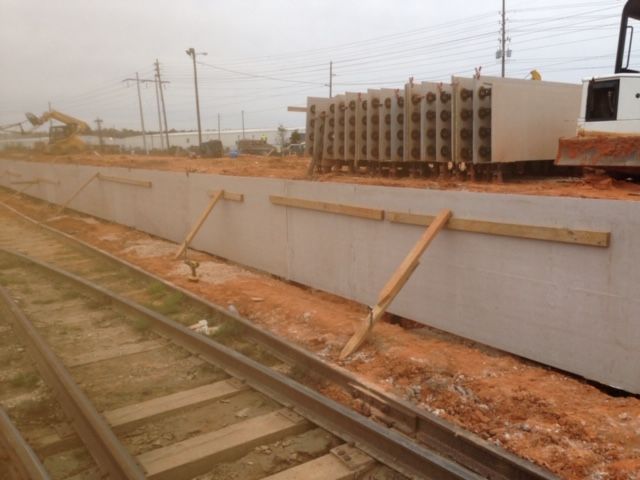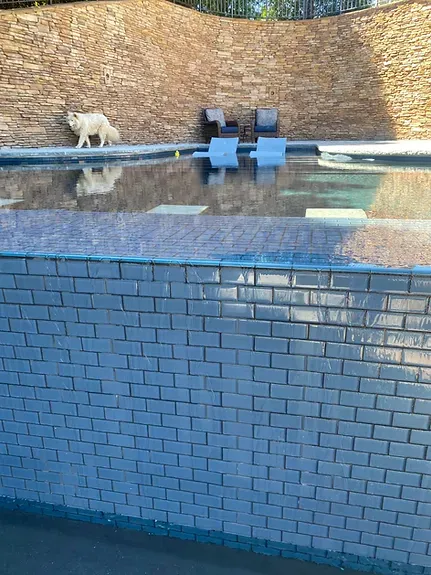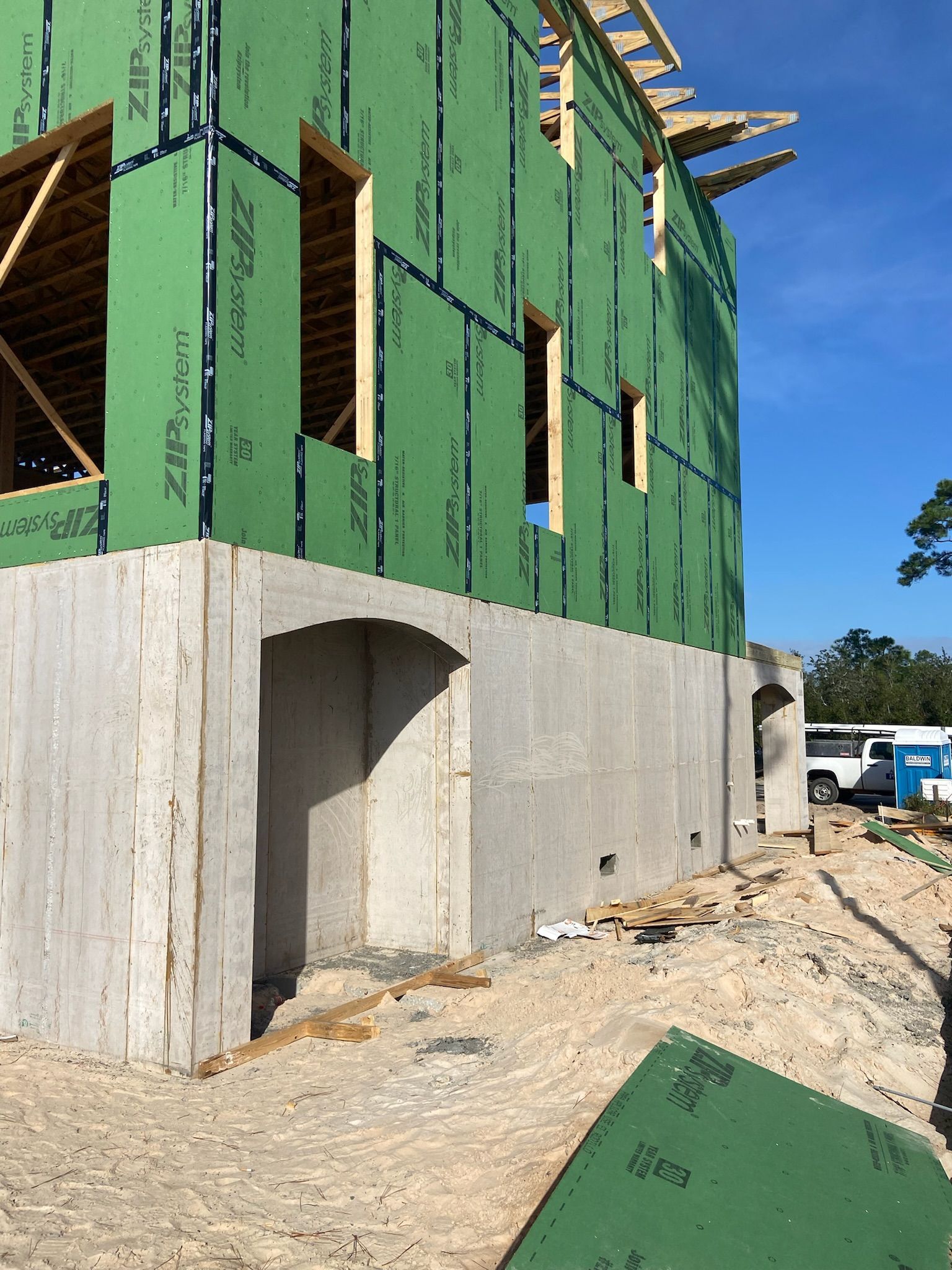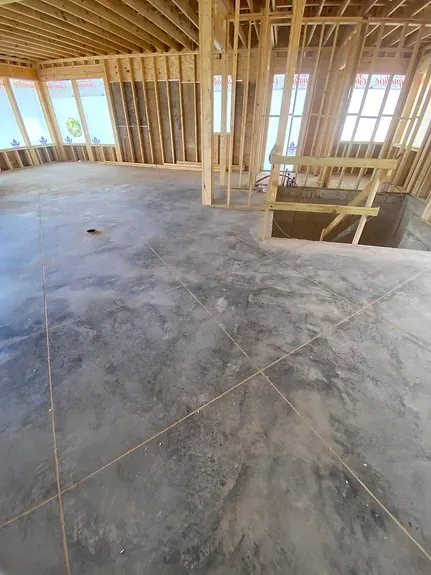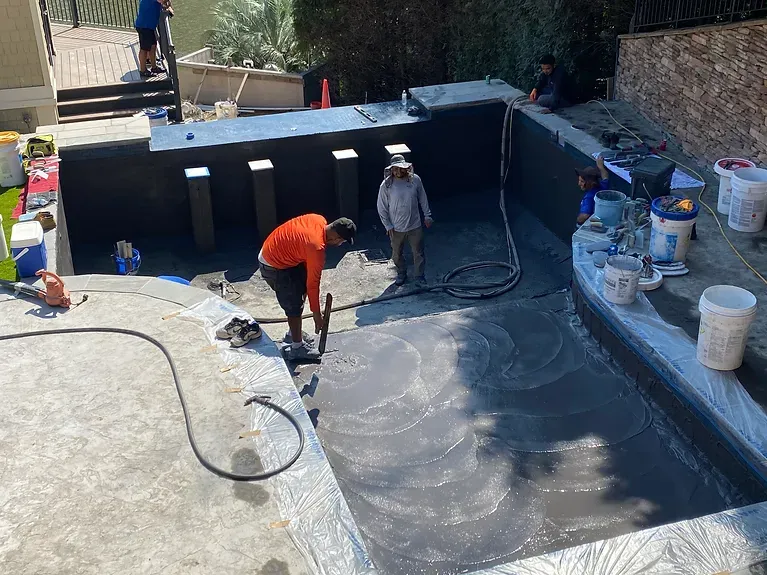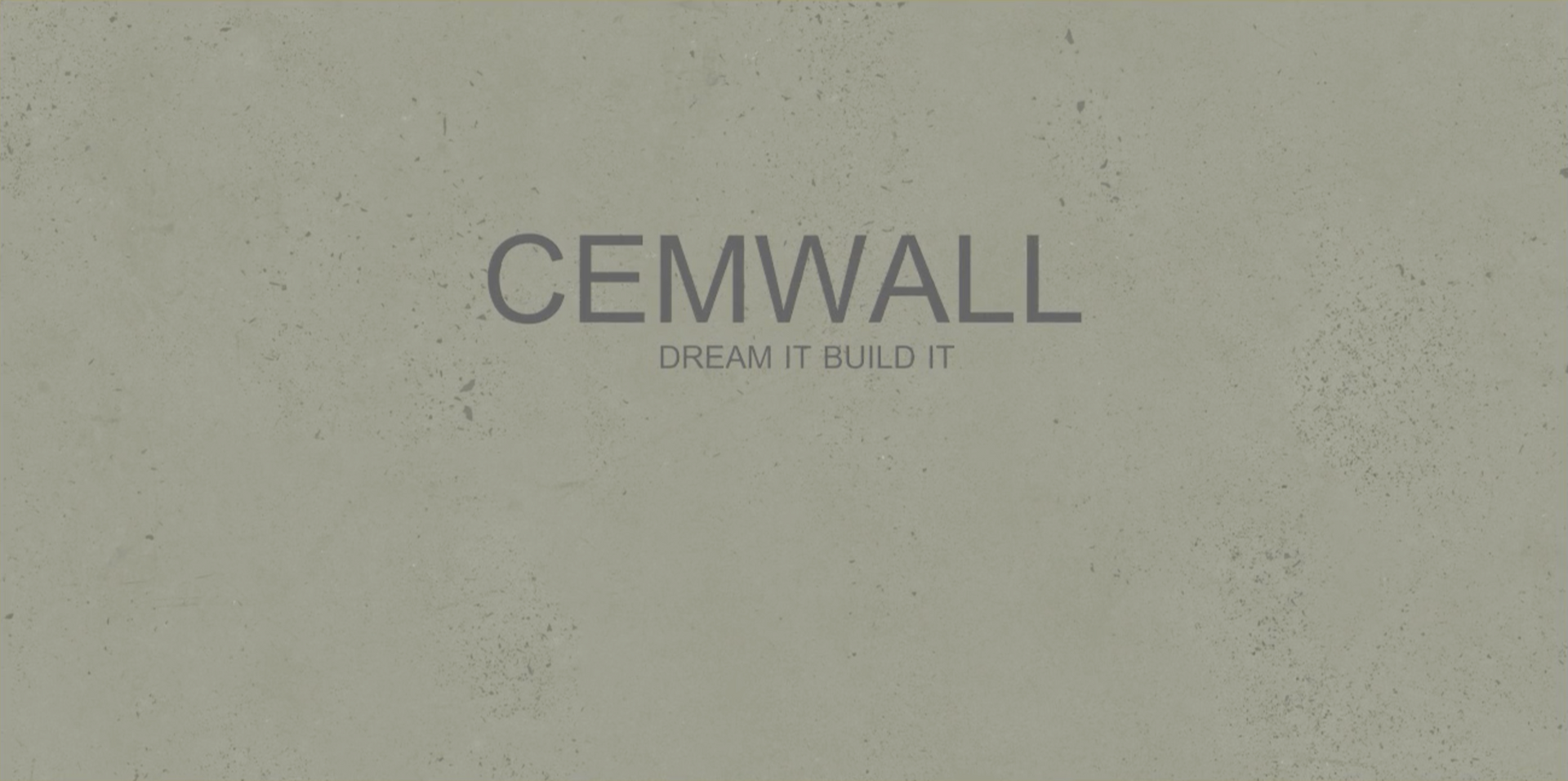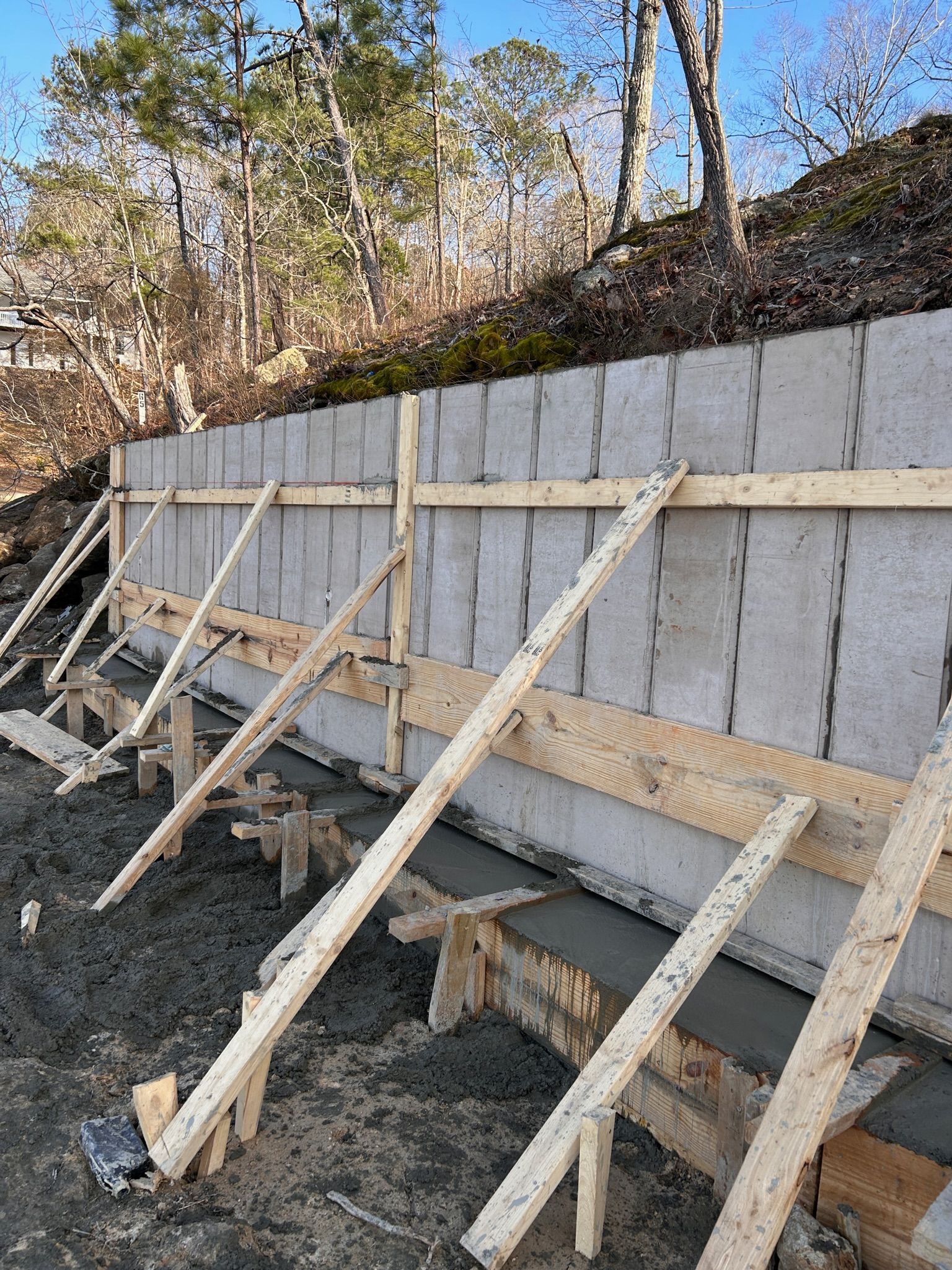Cemwall Systems: Advanced Solutions for Sustainable Urban Development
Cemwall Systems: Advanced Solutions for Sustainable Urban Development
Urban development faces increasing complexity as cities expand and density requirements intensify. Modern urban construction must address limited space constraints, accelerated timelines, strict building codes, and growing environmental accountability standards. Cemwall Systems concrete wall panels provide strategic solutions for these challenges through pre-engineered construction technology that enhances efficiency, reduces environmental impact, and supports long-term urban infrastructure goals.
Urban Construction Environment Challenges
Urban construction projects operate within unique constraints that distinguish them from suburban or rural development. Limited construction space restricts material staging and equipment access. Compressed timelines demand accelerated construction methods without compromising quality standards.
Strict municipal building codes require compliance with fire safety, structural performance, and accessibility requirements. High energy efficiency mandates support municipal sustainability goals while controlling operational costs. These factors create complex project requirements that traditional construction materials struggle to address efficiently.
Cemwall Panel Technology for Urban Applications
Cemwall panels feature cement fiber board exteriors surrounding reinforced concrete cores with integrated structural systems. The patented J-hook rebar and cup reinforcement design eliminates traditional bracing requirements while maintaining superior structural performance.
Standardized 4-foot by 8-foot panel dimensions simplify design planning and installation logistics. This integrated approach combines structural strength, fire resistance, moisture protection, and impact durability in single construction components that streamline urban building processes.
Environmental Impact Reduction
Cemwall panels support sustainable urban development through measurable environmental benefits across construction and operational phases:
Construction Waste Minimization: Factory-controlled panel production reduces job-site material waste compared to traditional framing methods. Precise manufacturing eliminates material overages common in urban construction projects.
Transportation Efficiency: Reduced material delivery requirements lower construction-related transportation emissions. Fewer equipment needs decrease job-site carbon footprint impacts.
Operational Energy Performance: High thermal mass properties reduce building energy consumption through improved temperature regulation, supporting municipal energy efficiency goals.
These environmental advantages align with urban sustainability initiatives while providing practical construction benefits.
Green Building Certification Support
Urban development projects increasingly pursue LEED certification and similar green building standards. Cemwall panels contribute to multiple green building categories:
Materials and Resources: Durable construction supports extended building lifecycles and reduced replacement requirements.
Energy Performance: Superior thermal properties contribute to HVAC load reduction and operational energy efficiency.
Indoor Environmental Quality: Moisture resistance prevents mold growth and maintains healthy interior environments.
Construction Impact: Reduced waste and transportation requirements support sustainable construction practices.
While specific certification outcomes depend on comprehensive project design, Cemwall panels provide documented performance characteristics that support green building point accumulation.
Accelerated Urban Construction Timelines
Urban projects face strict completion deadlines due to municipal regulations, community impact considerations, and financing requirements. Cemwall panels accelerate construction through integrated design features:
Simplified Installation: Single-component wall systems eliminate multiple construction steps including separate framing, sheathing, and fireproofing installation.
Parallel Trade Work: Standardized panel installation allows simultaneous mechanical and electrical work, reducing overall project duration.
Predictable Scheduling: Consistent panel specifications and installation procedures improve project timeline reliability.
These time-saving features prove particularly valuable in multi-use developments, retail construction, and mid-rise residential projects where extended construction periods delay occupancy and revenue generation.
Performance Standards for Dense Urban Environments
Urban construction must deliver enhanced performance to support higher occupancy densities and intensive use patterns. Cemwall panels meet these demands through verified capabilities:
Structural Reliability: Reinforced concrete cores provide consistent load-bearing capacity for multi-story construction applications.
Sound Control: Concrete construction offers superior acoustic dampening compared to traditional framing, reducing noise transmission between units in high-density developments.
Durability: Impact resistance and moisture protection reduce maintenance requirements essential for commercial and mixed-use applications.
These performance characteristics support modern urban development requirements without requiring expensive customization or specialized materials.
Climate Resilience for High-Risk Urban Areas
Urban areas face increasing climate-related risks including coastal storms, wildfire exposure, and flood events. Cemwall panels provide documented resilience capabilities:
Wind and Impact Resistance: FEMA certification for impact resistance up to 250 mph protects against severe weather events and debris impact common in urban environments.
Fire Safety: Zero burn and zero spread fire ratings meet requirements for fire-prone urban areas without additional fireproofing materials.
Moisture Protection: Integrated moisture barriers prevent structural damage from flooding and humidity exposure typical in dense urban environments.
These resilience features help urban developments meet evolving building codes related to climate adaptation while protecting long-term infrastructure investments.
Multi-Family and Mixed-Use Construction Applications
Multi-family residential and mixed-use developments represent rapidly growing urban construction segments. These projects require materials that address multiple functional requirements simultaneously:
Structural Versatility: Load-bearing capabilities support various building configurations from four-story residential buildings to office-residential hybrid structures.
Acoustic Performance: Sound dampening properties essential for multi-unit residential applications and commercial-residential mixed-use projects.
Finish Flexibility: Smooth exterior surfaces accept various architectural finishes including stucco, brick veneer, metal cladding, and painted surfaces.
Commercial Durability: Concrete construction withstands intensive commercial traffic while maintaining residential comfort standards.
This versatility eliminates the need for different wall systems within single projects, simplifying construction and reducing costs.
Architectural Design Flexibility
Urban construction requires aesthetic adaptability to meet diverse architectural requirements and municipal design standards. Cemwall panels support design flexibility through:
Finish Compatibility: Exterior surfaces accommodate multiple finish materials enabling architectural variety while maintaining structural consistency.
Dimensional Consistency: Standardized panel sizes simplify architectural planning while supporting creative design solutions.
Code Compliance: FEMA certification and fire ratings streamline permitting processes across different municipal jurisdictions.
This flexibility allows architects to maintain creative control while ensuring builders achieve performance and compliance goals.
Comprehensive Project Support
Urban construction projects benefit from integrated technical support throughout development phases. Cemwall Systems provides:
Pre-Construction Planning: Technical consultations help integrate panel specifications into project planning and design development.
Documentation Support: Architectural details and engineering specifications support permitting and compliance requirements.
Installation Guidance: Technical support ensures proper implementation throughout construction phases.
This comprehensive approach helps urban developers navigate complex municipal requirements while maximizing construction efficiency benefits.
Long-Term Urban Infrastructure Value
Sustainable urban development requires materials that support long-term infrastructure goals beyond initial construction. Cemwall panels provide:
Extended Service Life: Concrete construction durability reduces replacement and renovation requirements over building lifecycles.
Reduced Maintenance: Impact resistance and moisture protection minimize ongoing maintenance costs essential for municipal and commercial property management.
Adaptability: Structural reliability supports building modifications and renovations as urban needs evolve.
These long-term value characteristics align with municipal infrastructure planning goals while supporting private development financial performance.
Conclusion
Cemwall Systems concrete wall panels deliver strategic advantages for sustainable urban development through proven construction efficiency, environmental benefits, and long-term performance. The technology addresses complex urban construction challenges while supporting municipal sustainability goals and private development success. For urban developers, architects, and municipal planners committed to building resilient city infrastructure, Cemwall panels provide a comprehensive construction solution that supports both immediate project success and long-term urban development objectives.
